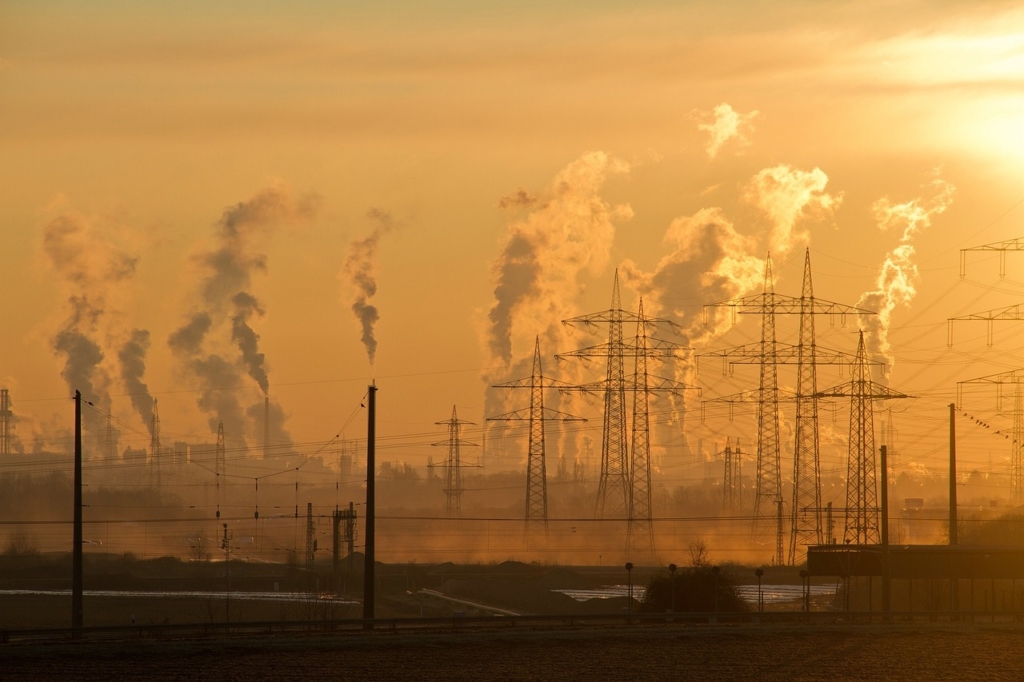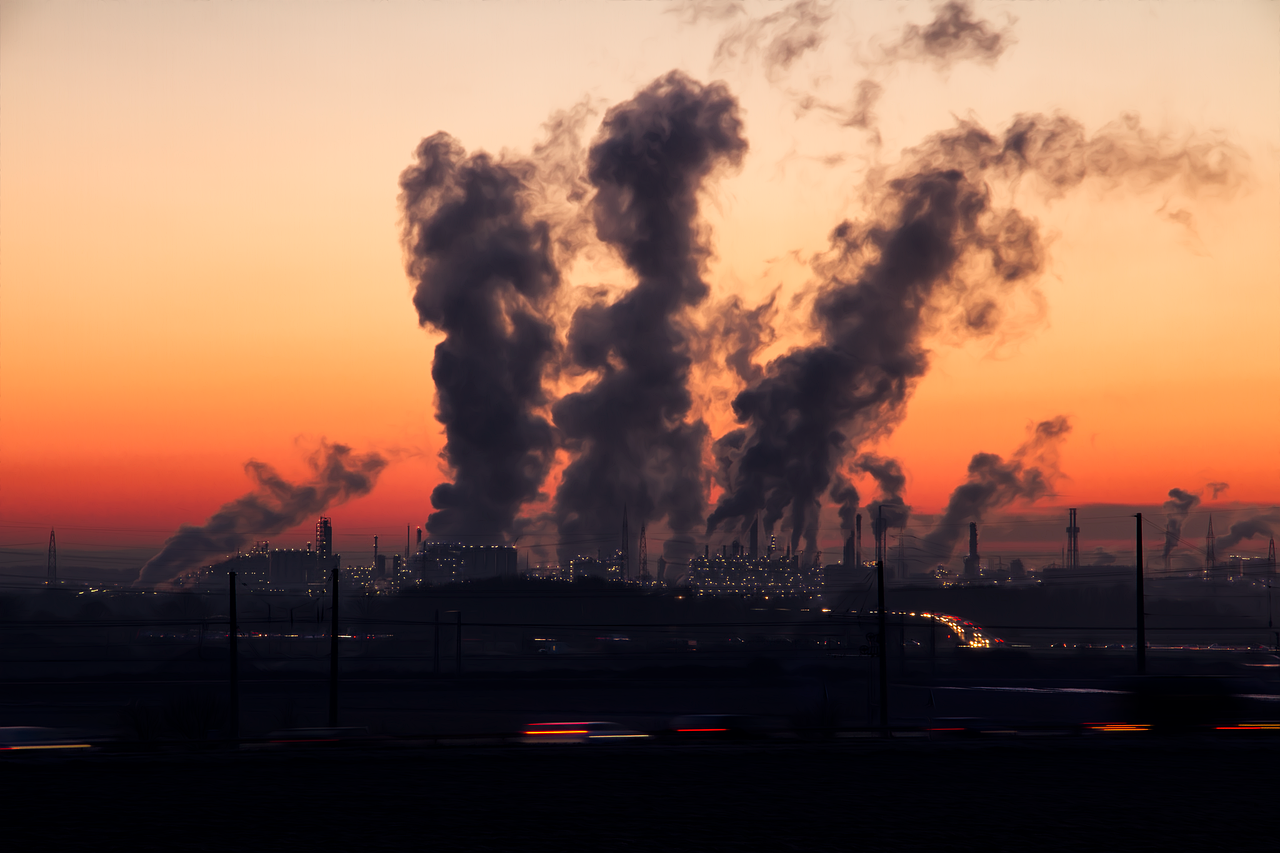World Health Organization Report: Air Pollution and Its Effects on Health
The latest report published by the World Health Organization (WHO) reveals that more than 90 percent of the world’s population breathes polluted air, causing 7 million premature deaths each year. Individuals living in metropolitan areas in particular are exposed to harmful particulate matter due to industrial activities and heavy vehicle traffic, which leads to serious health problems such as asthma, chronic obstructive pulmonary disease (COPD) and lung cancer. Studies conducted in Turkey show that air quality in metropolitan areas such as Istanbul and Ankara is above the limit values and that a large portion of the population in these cities lives under unhealthy air conditions. In this context, World Clean Breath Day provides a critical platform to draw attention to the important public health problem of air pollution and to encourage the implementation of clean air policies.
Clean Air is Vital for Health
Prof. Dr. Şevket Özkaya emphasized the importance of World Clean Breath Day and said, “Life begins with breathing and continues with breathing. With each breath, our lungs inhale the air in the atmosphere in order to provide the oxygen needed by the heart, brain and other organs.” . However, this atmosphere contains not only oxygen but also dust, particles and other pollutants.” Prof. Dr. Özkaya stated that a person breathes approximately 20 thousand times a day and inhales approximately 10 thousand liters of air during this process, and expressed how critical breathing clean air is for health.
The Invisible Killer: More Than 7.5 Million Deaths Every Year
Prof. Dr. Özkaya stated that based on World Health Organization (WHO) data, 99 percent of the world’s population breathes polluted air that exceeds air pollution limits. He stated that this situation causes the death of more than 7.5 million people every year. Air pollution is defined as a significant threat in the development of respiratory, cardiovascular, neurological and endocrinological diseases. WHO reported that a 10 g/cubic meter increase in annual PM2.5 concentration increases the overall mortality rate among adults by 6 percent.
Effects of Air Pollution on Health
Prof. Dr. Özkaya explained the wide-ranging effects of air pollution on health with the following words: “Air pollution causes many serious health problems, from respiratory diseases to heart disease, neurological disorders to metabolic syndrome and diabetes. There is also research that chronic exposure causes obstructive sleep apnea and other sleep disorders.”
Özkaya said, “Epidemiological studies show that air pollution increases upper airway symptoms such as runny nose, nasal congestion, laryngospasm, and lower respiratory tract symptoms such as cough, shortness of breath, and wheezing. Serious health problems such as asthma, chronic obstructive pulmonary.” disease, lung cancer, congestive heart failure, and stroke are among the main causes of mortality and morbidity due to air pollution.”
The Disease of the New Age: “Sick Building Syndrome”
Özkaya, who provided information about the “Sick Building Syndrome” that has been identified in employees in the new period, stated that indoor air pollution in closed offices or homes can lead to various health problems. The symptoms of this syndrome include headache, irritation in the eyes, nose and throat, dry cough, dizziness, difficulty in concentration and fatigue. Özkaya said, “Sick Building Syndrome can be caused by factors such as inadequate ventilation, faulty heating and air conditioning systems.” Although building occupants usually observe that their symptoms decrease when they leave the building, he warned that long-term exposure can lead to permanent effects of neurotoxins and emphasized that this syndrome is especially common among closed office workers.
Negative Effects on Children
Özkaya also drew attention to the negative effects of polluted air on children’s health, saying, “A study published in the New England Journal of Medicine (2004) revealed how air pollution in Southern California harms children’s lungs. Children exposed to air pollution during their developmental years were found to have a significant decrease in their lung capacity when they reached the age of 18. Although the number of cities using coal for heating has decreased with the widespread use of natural gas in our country, Flammable materials such as coal, dung and tandoori for cooking at home are still used, especially in rural areas. “This situation threatens our health by polluting the air we breathe both indoors and outdoors.”
Plan Your Life According to Air Pollution Measurements
A 2013 study in China found that in northern regions where coal is widely used, life expectancy is 5 years shorter than in the south where coal is not used for heating. The Indian government announced in 2015 that air pollution has caused the death of 35,000 people in the last 9 years, and epidemiologists reported that air pollution has shortened life expectancy by approximately 3 years in India. Prof. Dr. Özkaya drew attention to the importance of monitoring indoor and outdoor air quality, saying, “Carefully monitor the air quality you breathe indoors and outdoors, both for your children and the elderly. On the occasion of this awareness day, we recommend that you plan your “life based on air pollution measurements regularly taken by the meteorology.”
















